Menu
As Part of 31st RE-SSN Associated Meetings
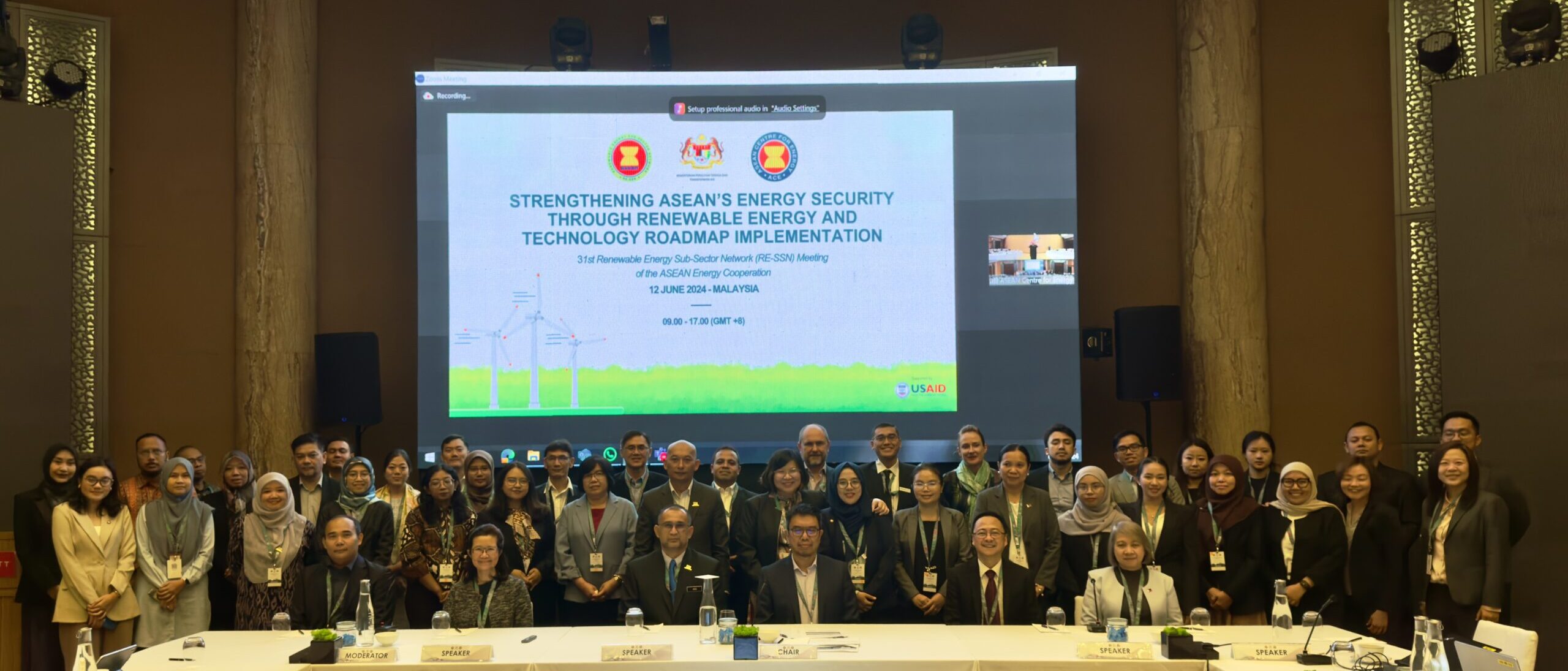
Photo 1. Participants of the Workshop
On 12 June 2024, the ASEAN Centre for Energy (ACE), supported by the USAID Southeast Asia Smart Power Program (SPP) and hosted by Malaysia’s Ministry of Energy Transition and Water Transformation (PETRA), organised the event “Strengthening ASEAN’s Energy Security through Renewable Energy and Technology Implementation Roadmap”. This event was held in Kuala Lumpur, Malaysia, as part of the 31st Renewable Energy Sub-Sector Network (RE-SSN) Associated Meetings. It was attended in person by nearly all ASEAN Member States (AMS) and included representatives from the ASEAN Secretariat, international organizations, dialogue partners, and the private sector. In total, the workshop was attended by 66 participants, with a demographic composition of 46% male and 54% female.
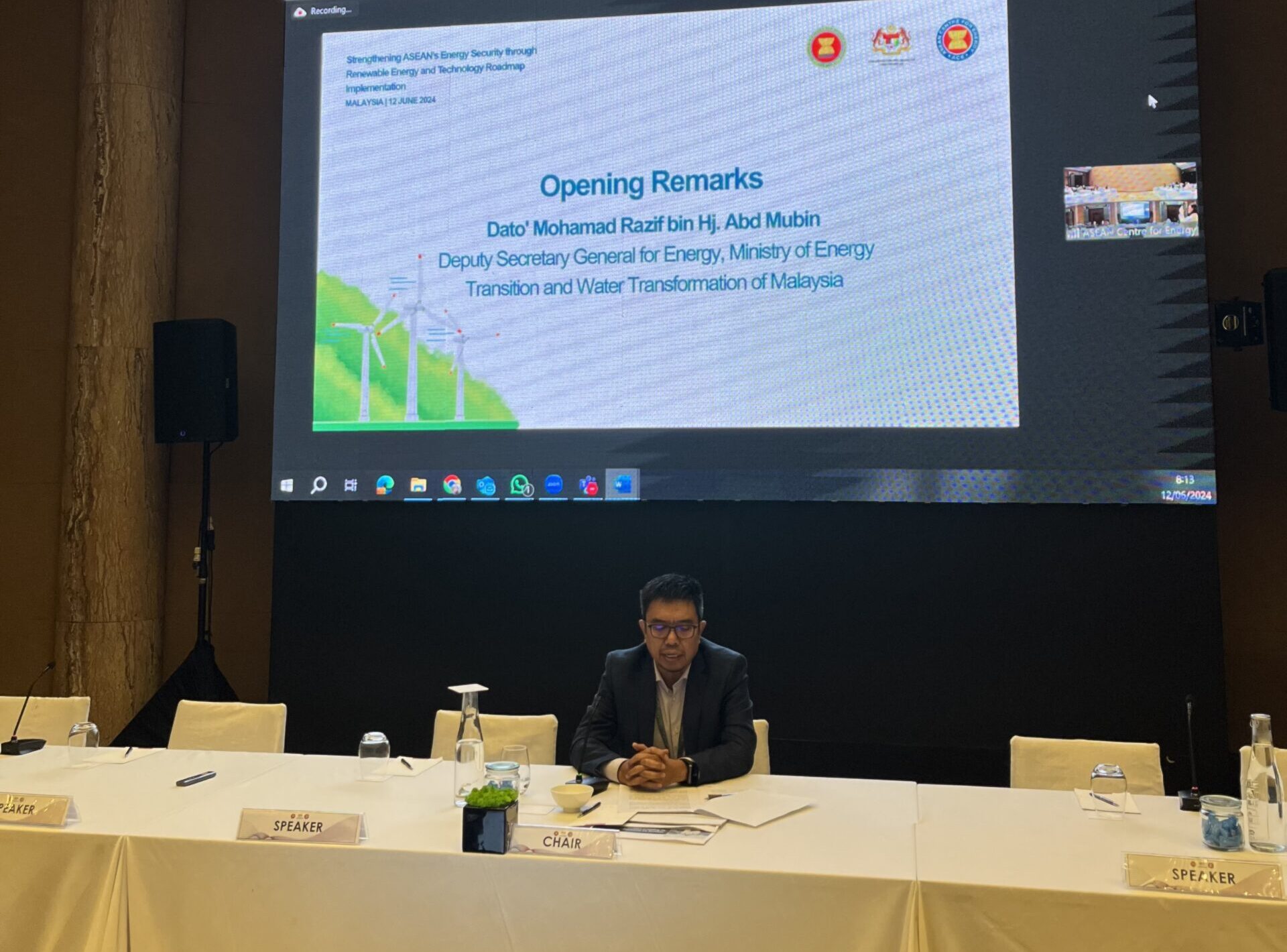
Photo 2. Opening Remarks from Dato’ Mohamad Razif bin Hj. Abd Mubin, Deputy Secretary General for Energy, Ministry of Energy Transition and Water Transformation of Malaysia
The workshop commenced with remarks from Dato’ Mohamad Razif bin Hj. Abd Mubin, Deputy Secretary General for Energy, Ministry of Energy Transition and Water Transformation of Malaysia. The remark emphasised a warm welcome to all attendees, highlighted the significance of the workshop on ASEAN’s Energy security through renewable energy and technology roadmap implementation, and stressed the importance of collaborative efforts to ensure a sustainable, inclusive, and low-carbon energy transition for the ASEAN region.
The “Strengthening ASEAN’S Energy Security Through Renewable Energy and Technology Roadmap Implementation” Workshop featured three focused sessions, each integrating renewable energy sources in ASEAN:
Session 1: Renewable Energy and Technology Roadmap Current Progress and Development Strategies
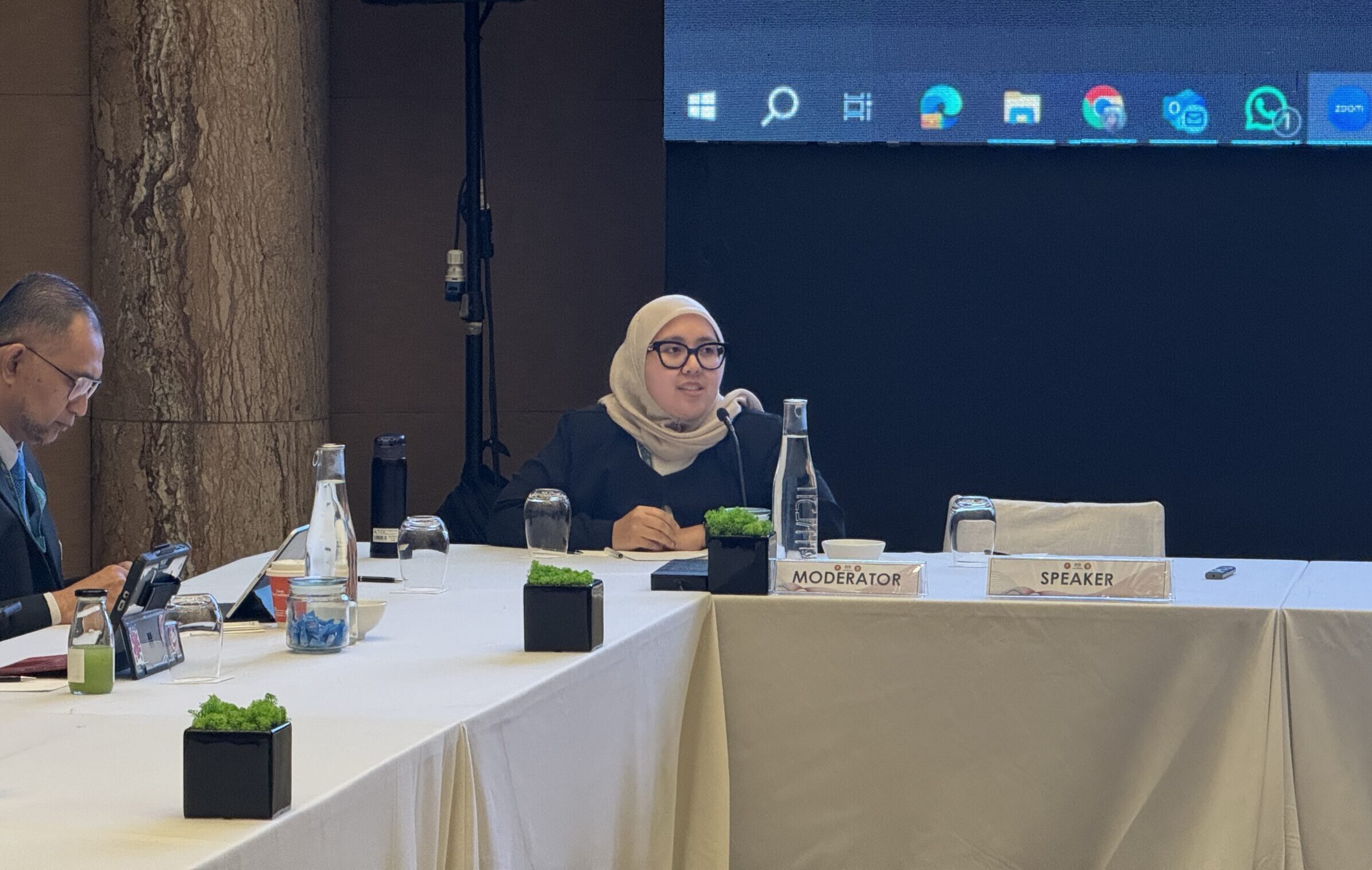
Photo 3. Dynta Trishana Munardy, Technical Officer of APAEC at ACE moderated the first session about renewable energy and technology roadmap current progress and development strategies
The first session was moderated by Dynta Trishana Munardy, Technical Officer of the ASEAN Plan of Action for Energy Cooperation (APAEC) Department at ACE. The objective is to gather extensive inputs on the ongoing progress and development strategies of the ASEAN renewable energy and technology roadmap.
Muhammad Ilham Rizaldi, Research Analyst of Sustainable and Renewable Energy (SRE) Department at ACE, began the first session with a scene-setting presentation. He emphasised the results from the renewable energy roadmap framework. Evaluating the progress of AMS towards achieving the regional APAEC Target. He also outlined future development strategies and plans to harmonise AMS regional renewable energy cooperation for the implementation and advancement of renewable energy technologies in ASEAN.
Session 2: Lessons Learned for Developing a Renewable Energy and Technology Roadmap
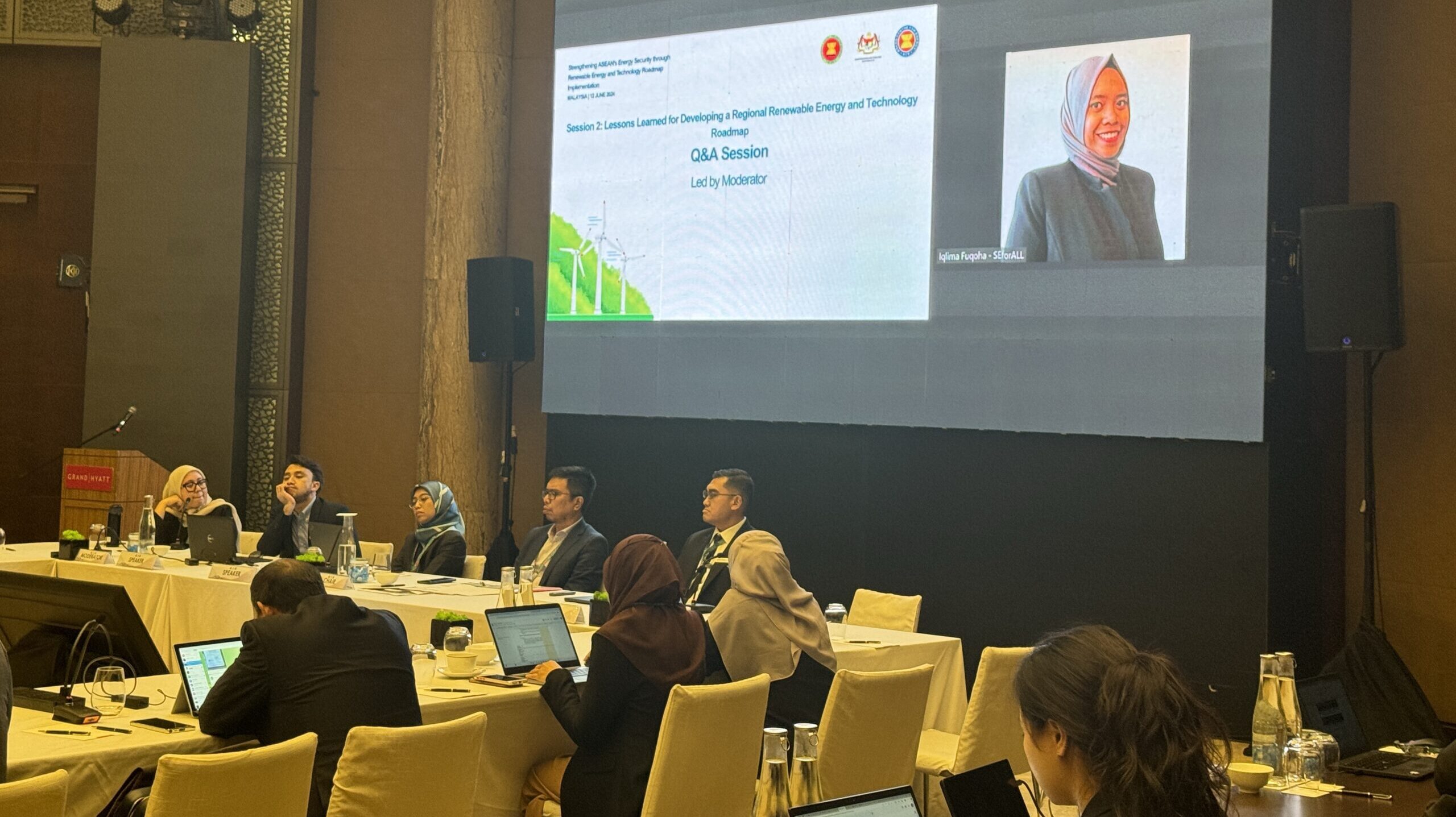
Photo 4. Q&A Discussion in Session, 2 lessons learned for developing a renewable energy and technology roadmap
Dynta Trishana Munardy moderated the second session. The session highlighted the lessons learned from experiences in developing energy plans and roadmaps, emphasising the importance of technological considerations in effective energy planning.
Syazwani Aman, Senior Manager at Single Buyer, highlighted Insights Gained from the Evolution of Malaysia’s Power System Planning. The presentation detailed the lessons learned and methodologies, including the adoption of an integrated system planning approach, to optimise Peninsula Malaysia’s power system planning for long-term sustainability while addressing the challenges of energy transition, grid readiness, and the incorporation of renewable energy sources.
It was followed by the presentation from Dr Mahathir Almashor, Senior Engineer Digital Transformation Team, Energy Systems at CSIRO about applying practical AI and advanced modelling techniques to expedite the transition to sustainable energy. Jacqueline Lam, Regional Director at Asia Sustainable Energy for ALL (SEforALL) presented insights and expertise in crafting comprehensive renewable energy roadmaps. The presentation focused on three main areas: increasing renewable energy deployment, enhancing energy efficiency, and supporting energy transition and investment planning.
Furthermore, the second session was closed by Q&A that emphasised the essential of adaptive, transparent, and inclusive energy planning strategies to meet future energy needs sustainably.
Session 3: Roadmap to Optimising Costs and Technology for Renewable Energy
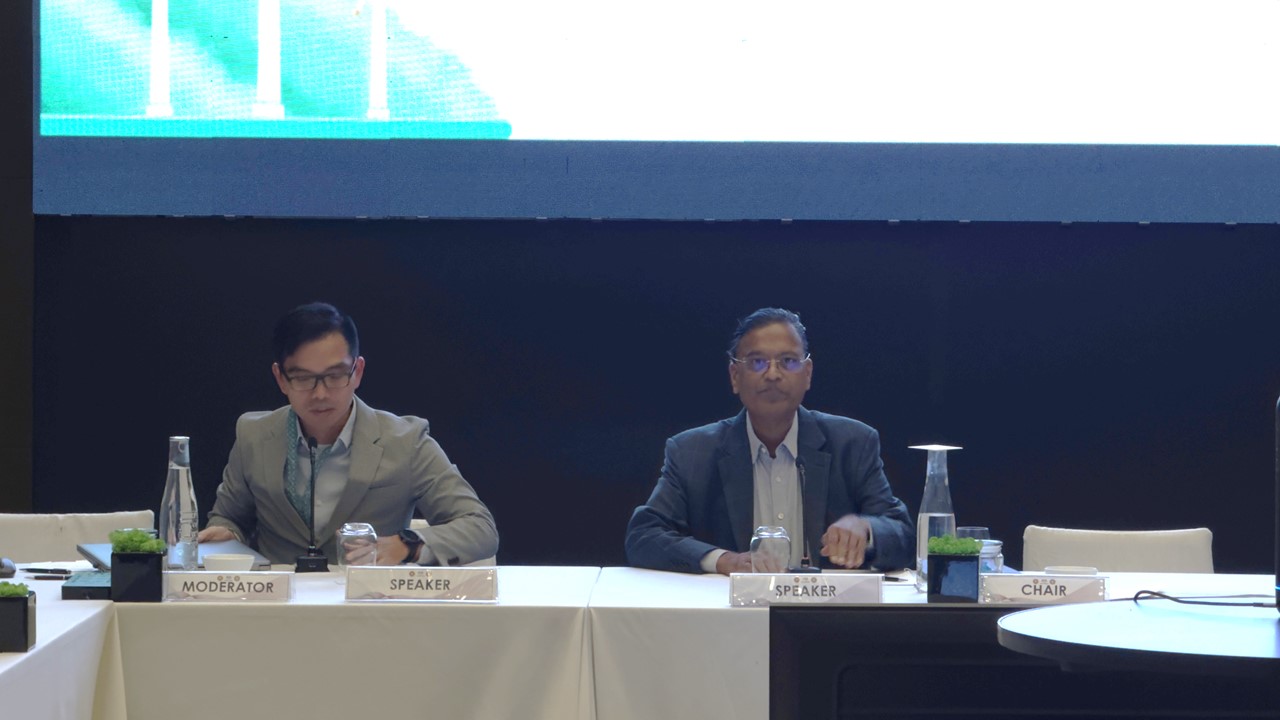
Photo 5. Tung Phuong, Senior Programme Officer of SPP at ACE moderated the roadmap to optimizing costs and technology for renewable energy session
Tung Phuong, Senior Programme Officer of SPP at ACE moderated the third session, which focused on the strategy for enhancing efficiency and technological utilisation of renewable energy.
Balaji M.K., Director of Advanced Energy Systems at SPP, emphasised how to attract investment in ASEAN clean energy projects, a techno-economic analysis must consider the market, policy, resources, technical aspects, operation costs, and financial viability. Balaji M.K. continued the presentation in the third session by focusing on the insights gained from the technology mapping study in Lao PDR.
The session was closed by Q&A covering identifying potential clean energy projects in Lao PDR, focusing on attracting investment through a roadmap that prioritises easily developable projects and explores ways to increase electricity demand.
Session 4: Renewable Energy Roadmap and Target Development
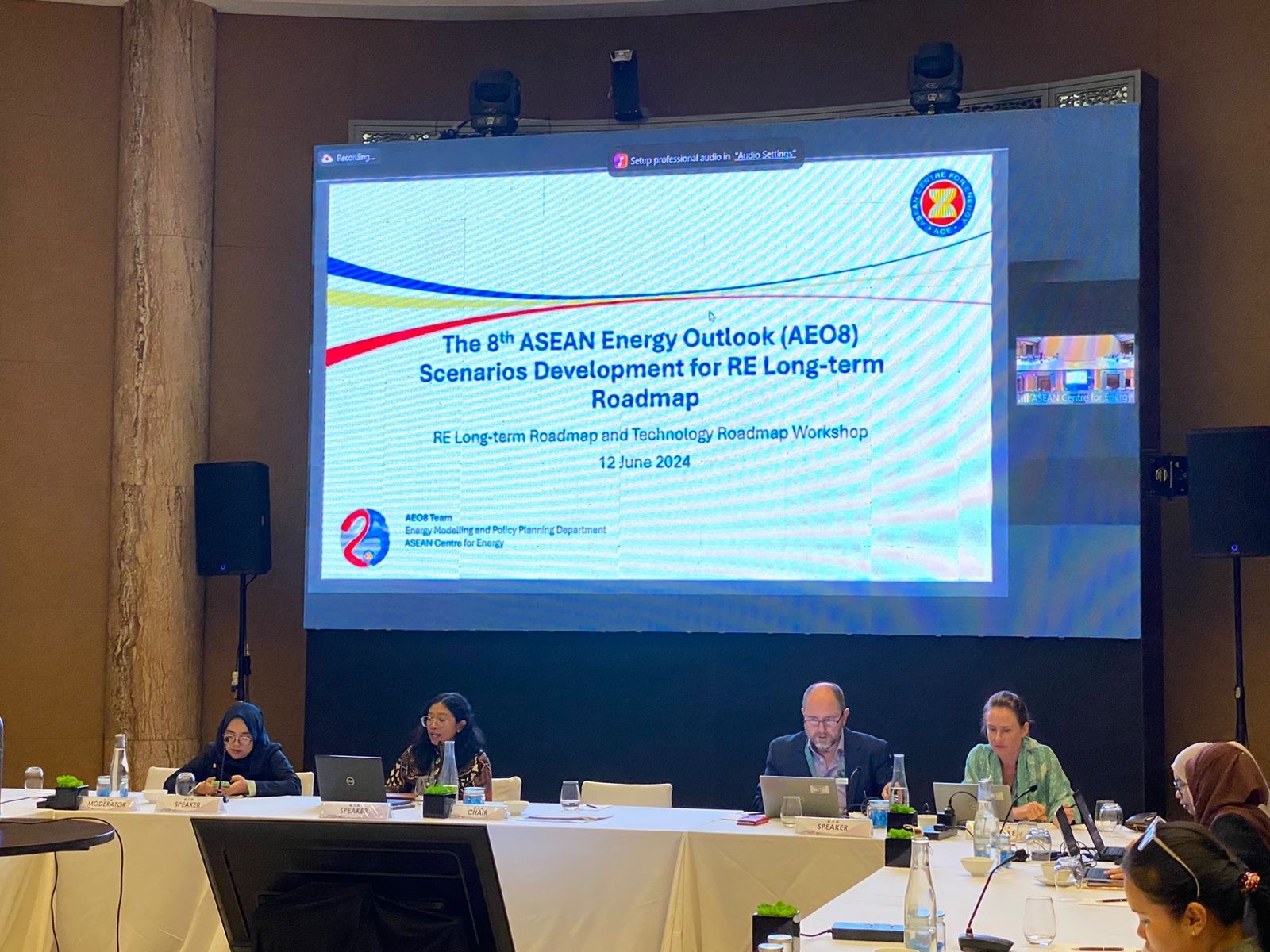
Photo 6. Rika Safrina, Senior Analyst of MPP at ACE presented the long-term roadmap as outlined in the 8th ASEAN Energy Outlook (AEO8)
Moderated by Monika Merdekawati, Senior Research Analyst of SRE at ACE, the session focused on the development of a renewable energy strategy and target.
Rika Safrina, Senior Analyst of Energy Modelling and Policy Planning (MPP) Department . at ACE presented the 8th ASEAN Energy Outlook (AEO8) long-term plan for increasing renewable energy use in Southeast Asia. Dr Chris Dunstan, Energy Strategy Leader at CSIRO emphasised the developing effective targets for renewable energy and recommended using renewable energy share in the electricity generation mix as one of the target metrics to be monitored in ASEAN. Before closing the session, Amelia Fyfield, Director of Southeast Asia at CSIRO, and Dr Chris Dunstan, led an interactive discussion about selecting the appropriate metrics that need to be monitored in each AMS towards harmonising the framework of renewable energy cooperation in ASEAN.
The session ended with a commentary session to discuss the challenges in adopting several metrics in ASEAN and give inputs on developing a renewable energy roadmap. Dr Tharinya Supasa, Project Lead of Energy Policy Southeast Asia at Agora Energiewende emphasised aligning ASEAN’s targets with meaningful commitments to renewable energy and carbon neutrality, advocating for integrated data layers in roadmaps to enhance implementation and attract investments. Yudiandra Yuwono, Energy Transition Advisor, GIZ stressed the roadmap’s role in assisting member states to achieve renewable energy targets by addressing key barriers and focusing on short-term actions. Dr Hoyyen Chan, Researcher at Invite Green Consultancy underscored the importance of policies that transition away from fossil fuels to ensure renewable energy contributes significantly to energy security and climate change mitigation across ASEAN.
Collaborative Outcomes and Future Directions
The workshop emphasised the importance of strategies in advancing ASEAN’s energy security through the implementation of renewable energy and technology roadmaps, focusing on sustainable, inclusive, and low-carbon energy transitions. The key takeaways highlight the importance of having harmonised metrics for enhancing renewable energy cooperation in ASEAN. The workshop has addressed the advantages and drawbacks of each metrics to be implemented in each AMS that could enhance knowledge sharing and benchmarking the progress of renewable energy in each member state. This will support in the development of the ASEAN RE Long-term roadmap, technology roadmap and member states capability in developing their national roadmaps.
The results of the pre- and post-workshop surveys indicated a significant improvement in participants’ understanding of the topics discussed during the workshops. In the first session, which discussed ongoing progress and development strategies of the ASEAN renewable energy and technology roadmap, the proportion of correct answers increased from 80% to 95%. In the second session, which emphasized lessons learned from experiences in developing energy plans and roadmaps, showed a 7% improvement in correct answers rising from 91% to 98%. In the third session, which focused on strategy for enhancing efficiency and technological utilization in renewable energy, the correct answer in the post-questionnaire was 100%, increasing 10% from the pre-questionnaire. Overall, 100% of participants agreed that the workshop covered the materials and met their expectations about Enhancing ASEAN’s Energy Security Through the Implementation of Renewable Energy and Technology Roadmaps.
In his closing remarks, Christopher G. Zamora, Senior Head of the APAEC Department at ACE, emphasised the workshop’s invaluable role in advancing ASEAN’s renewable energy goals. He highlighted the insightful contributions and collaborative spirit of all participants, which have set a solid foundation for a sustainable and resilient energy future in the region.
